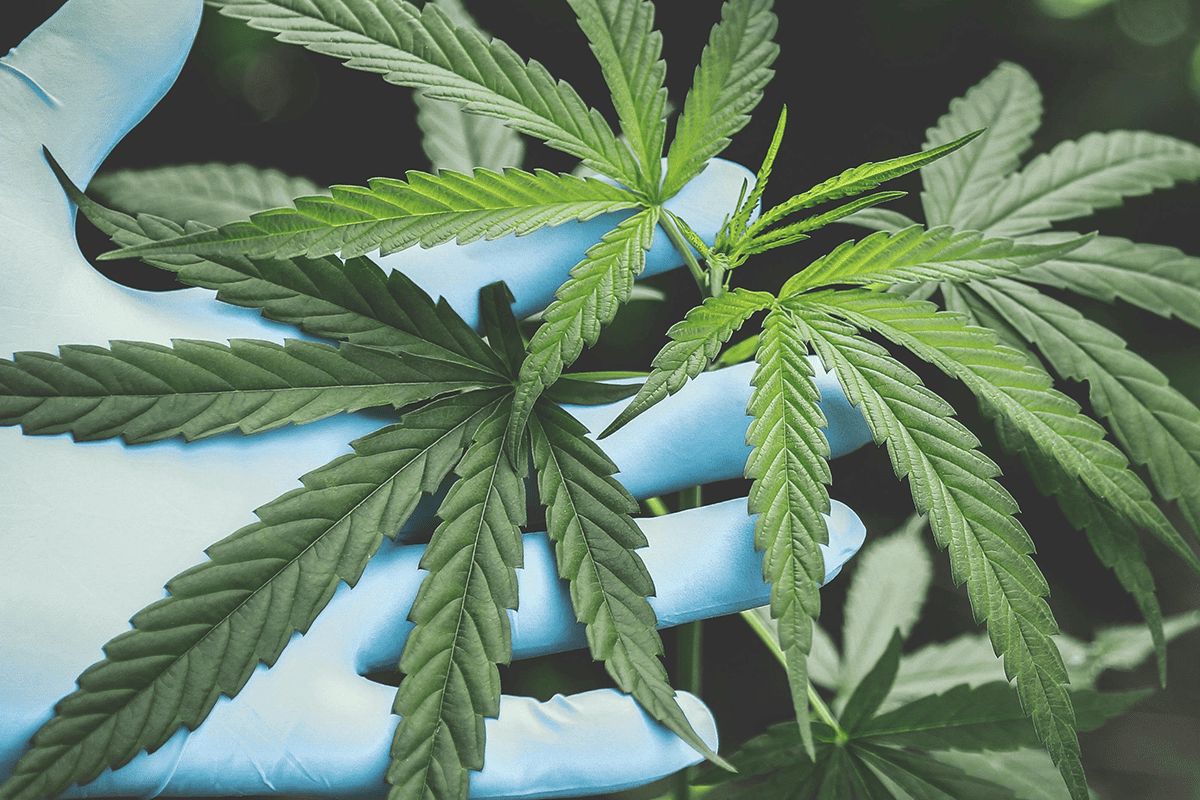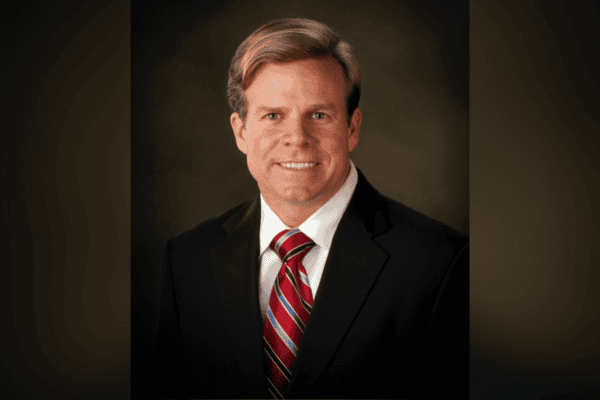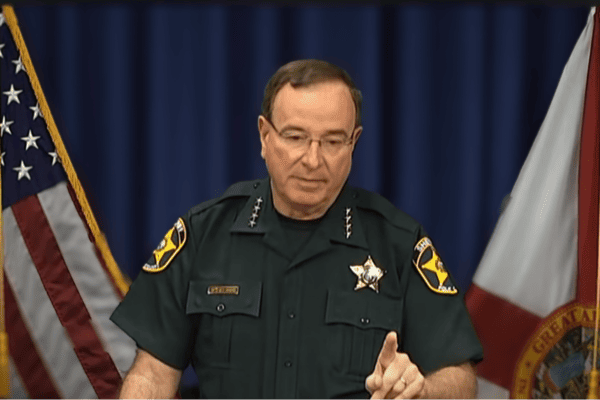Florida Senate passes hemp restrictions, banning delta-8 THC to be sold as ‘hemp’

TALLAHASSEE, Fla. – A bill passed through the Florida Senate that would ban delta-8 THC, short for tetrahydrocannabinol, from being sold as “hemp,” along with other regulations on the hemp industry.
The bill revises the definition of “hemp” and makes clear that it not include synthetically or naturally occurring versions of controlled substances, such as delta-8 THC. The bill says products containing these substances could no longer be legally sold as “hemp.”
SB 1698 is being carried by Sen. Colleen Burton, R-Lakeland. HB 1613 is being carried by Rep. Tommy Gregory, R-Lakewood Ranch, in the House. The House version passed its final stop Thursday and will now be taken up by the full House.
According to the bill’s analysis, this will revise the definition of hemp to specify that hemp extract “may not exceed 0.3 percent total delta-9 THC concentration on a wet-weight basis or may not exceed two milligrams per serving and 10 milligrams per container on a wet-weight basis, whichever is less.”
Burton said the bill is a continuation of the bill from last legislative session.
In 2023, the Florida Legislature passed SB 1676, which specified that hemp extract products are food products that the state can regulate under its food safety regulations.
The law requires any hemp extract that will be distributed and sold in the state to have come from a batch that was processed in a facility that holds a current and valid permit issued by a human health or food safety regulatory entity with authority over the facility.
Hemp extract products are available throughout the state in various forms, such as oils, lotions, and gummies. These products are only authorized to be distributed if the product meets certain requirements.
Currently, hemp extract products may not be sold to individuals under the age of 21.
The bill also revises the definition of “attractive to children” to expand the types of hemp products under the definition.
An amendment passed related to the shapes of hemp products. The amendment altered the bill text to say “attractive to children” means manufactured in the “shape of or packaged in containers displaying humans, cartoons, or animals, toys, or other features that target children.”
Burton said lawmakers removed language to “put that in the hands of the department to task them, so to speak, to deal with this during rulemaking where stakeholders can have some input as well.” The previous version which was removed included “novel shapes, animations, promotional characters, licensed characters.”
A second amendment passed that said for the 2024-2025 fiscal year, the sum of $2 million in nonrecurring funds “is appropriated from the General Revenue Fund to the Department of Law Enforcement for the purchase of testing equipment necessary to implement this act.”
A third amendment passed to change the effective date from July 1 to Oct 1.
The proposal expands the lab testing and packaging regulations that currently apply to hemp extract distributed or sold in Florida. Under the bill, these will apply to hemp extract manufactured, delivered, held, or offered for sale in the state.



